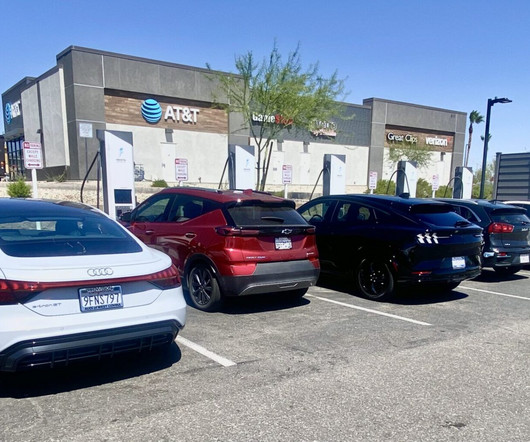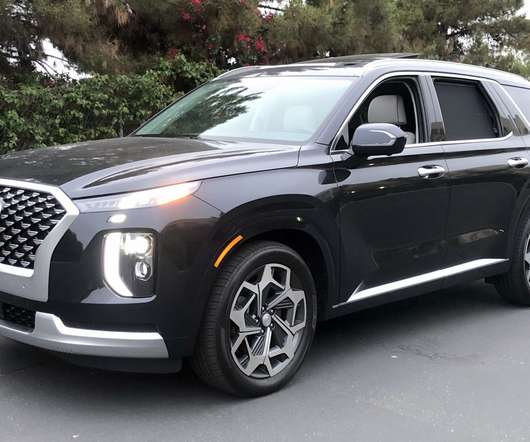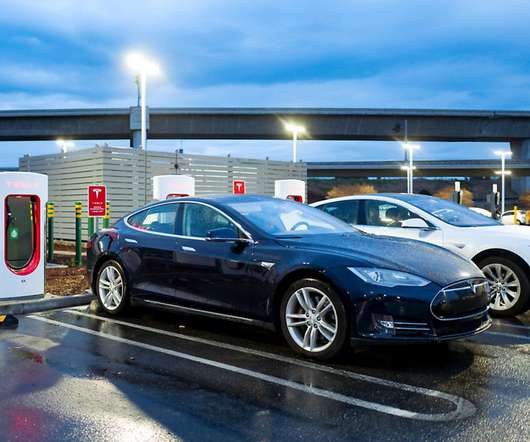EPA trends report sees record levels of average new vehicle fuel economy and CO2 emissions for MY 2012; role of new gasoline vehicle technologies
Green Car Congress
DECEMBER 13, 2013
EPA projects advanced transmissions (6+ speeds and CVTs), gasoline direct injection (GDI) systems, and turbocharged engines will be installed on at least 15% of all MY 2013 vehicles. The majority of the emissions and fuel savings from current vehicles, EPA noted, is due to new gasoline vehicle technologies. Click to enlarge.





























Let's personalize your content